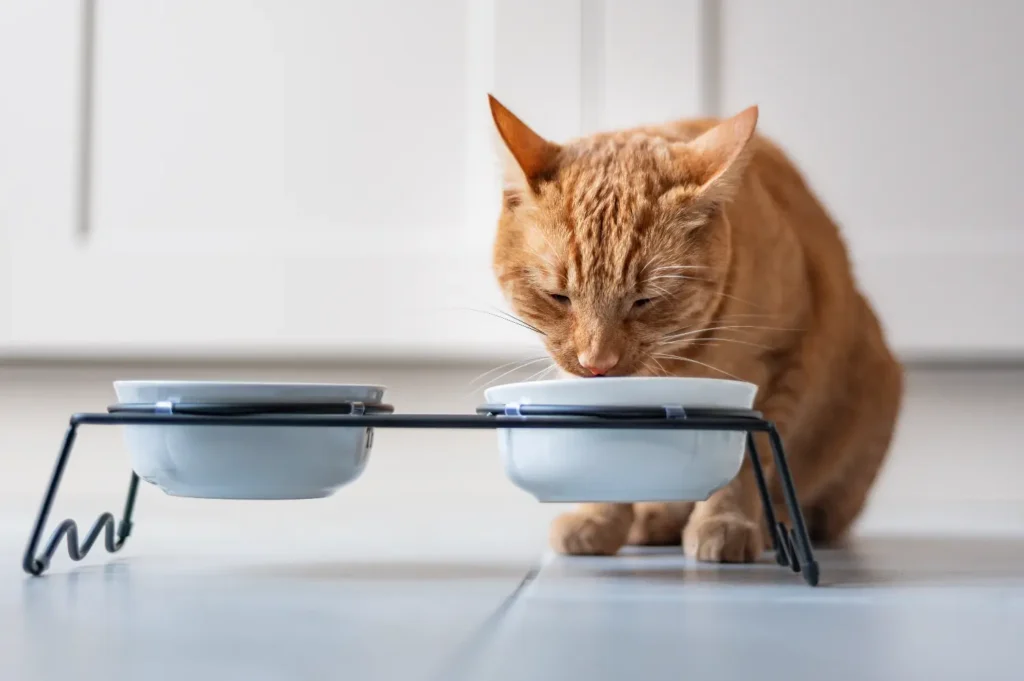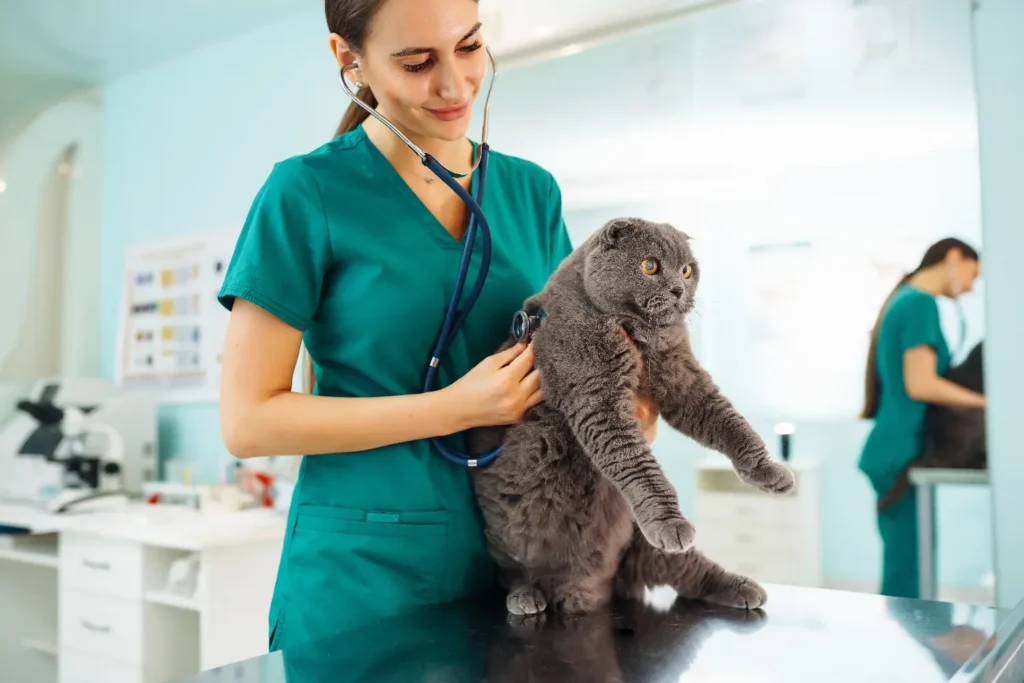
Urinary tract diseases in cats can be very common, especially if they are under a lot of stress, sudden changes of home, arrival of new people in the family and high weight; the cats with diabetes and hyperthyroidism are also more prone to cystitis, signs of cystitis include cloudy and bloody urine, reduced and frequent healthy urination, and difficulty urinating; Special dietary supplements can treat cats with cystitis.
1.Take care of your pet's diet
Urinary tract diseases in cats have a multifactorial etiology, and diet plays an important role as part of the general treatment. The cats most likely to suffer urinary problems are adult males.
Water is an essential nutrient for the survival of cats, and there is evidence that it can help maintain an adequate urinary pH, therefore, it is necessary to guarantee and ensure access to fresh, drinking water by cleaning water bowls and changing water regularly in homes where there are several pets, as well as a wet diet necessary for each cat.
Cystitis is an inflammation of the wall of the urinary tract and occurs when bacteria produced in the external parts of the urinary tract (vagina/penis) infiltrate and inflame the bladder. It may occur without a determinable cause (idiopathic cystitis) or it may occur. develop due to other diseases of the urinary tract, in the case of urethral obstructions.
For more tips from: how to prevent diseases in pets.

2.Exercise your pet regularly
Caregivers must interact with their cats in a way that allows the animals to feel safe. The objective of this way of stimulating cats is to focus attention on their most important needs and not to be influenced by other factors such as very aggressive games. and noisy that may disturb the pet.
Often solitary cats, they prefer to interact on their own terms and with their own actions; Instead, they prefer to interact with people at appropriate times according to their needs. The most important objective on the part of their caregiver is to stimulate their physical, emotional and cognitive needs, in a way that is comfortable and respects the times and pet's limits to prevent it from being a cause of stress and potentially causing urinary tract diseases.
In homes, cats can also look for places to hide and rest. The space available for your cats should also include the possibility of a comfortable place where they can hide or sleep and preferably be outdoors to urinate and defecate.
3.Monitor your pet's weight
Cats will have an acute urinary tract infection more prone if their diet is not taken care of and they consume excessive food. Overnutrition and abuse of food products have an important impact on the evolution of urinary tract diseases, being a consequence of excess weight and can cause inflammation and significant urinary difficulties.
It is difficult to get your cat to follow a healthy diet, but caregivers should administer the dosage and type of food recommended by their veterinarian and also ensure that they have access to fresh, clean water at all times, if their cat is overweight, Call your veterinarian for an exercise program and weight loss plan.
Nutrition plays an important role in the control of the recurrence of uroliths such as urea, glycemia and calcium oxalate, nutrition also works in the control of other diseases that can cause urinary tract diseases, such as diabetes mellitus and chronic kidney disease.
4.Veterinary checkup to control Urinary Tract Diseases
Cats with urinary tract diseases can lead to other problems that can affect urine, urinary lithiasisFor example, it is a type of disease that occurs when urinary stones made of struvite and calcium oxalate accumulate in the bladder and/or urethra. It is a problem that has almost a 100% mortality rate, so It is recommended to go to your veterinarian in case your cat may present symptoms related to this.
The study of a group of 101 cats with urinary tract diseases has determined that the rate of recurrence of episodes of this disease measured in cats receiving at least two prophylactics was significantly lower than the reaction rate in other cats that did not receive.
There is no universal solution to prevent urinary tract diseases, the most effective treatment to treat this type of disease is based on the veterinarian's theoretical recommendation and his care plan. In addition, it is important to take your cat to the veterinarian if he presents any symptoms or evidence of a urine infection, always follow your veterinarian's instructions and consult with him in case of any questions; you can contact our médicos veterinarios.
